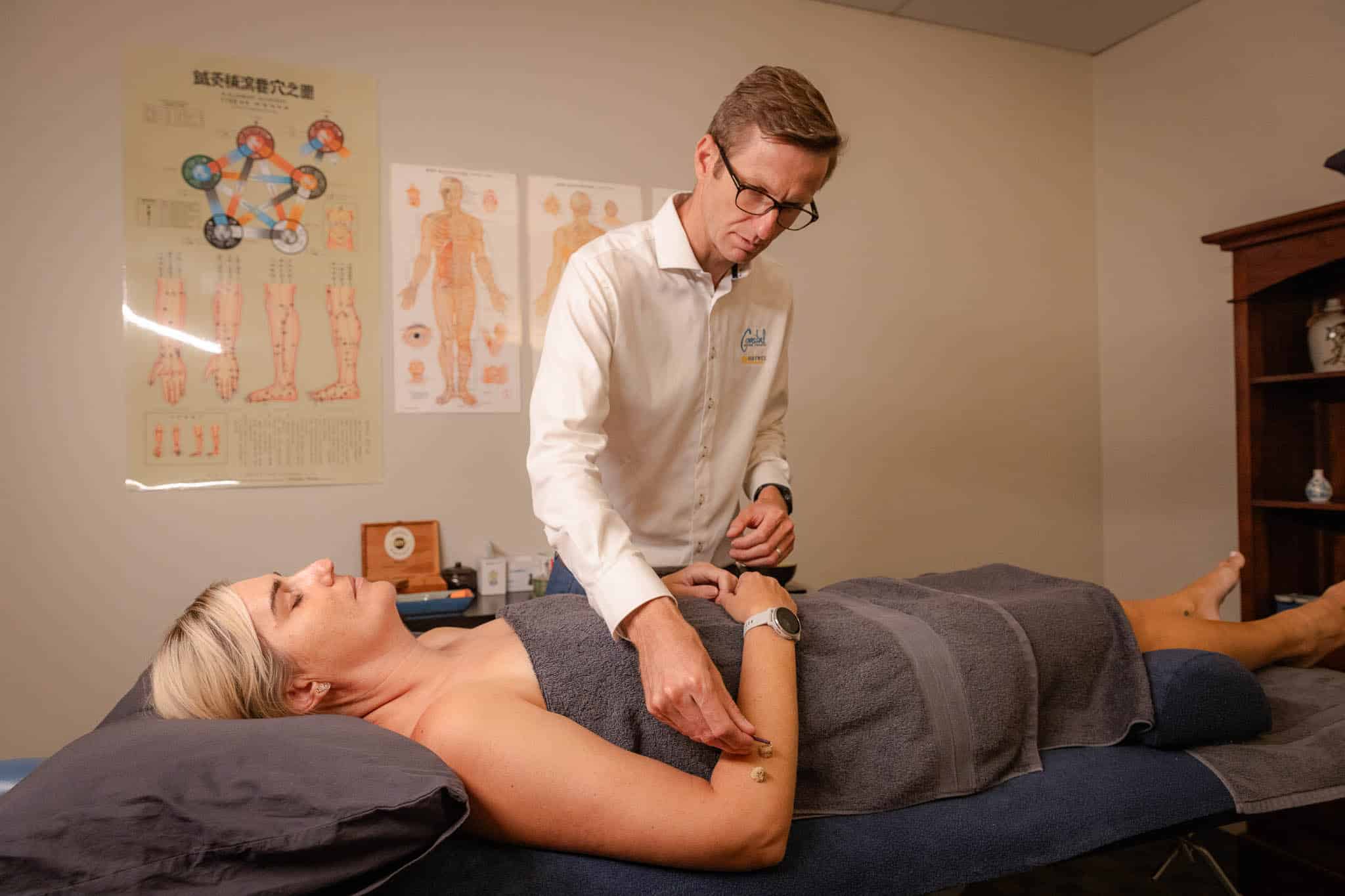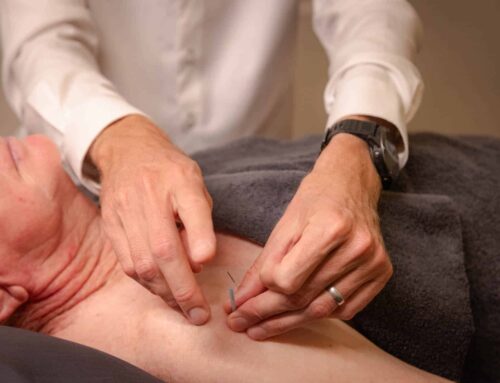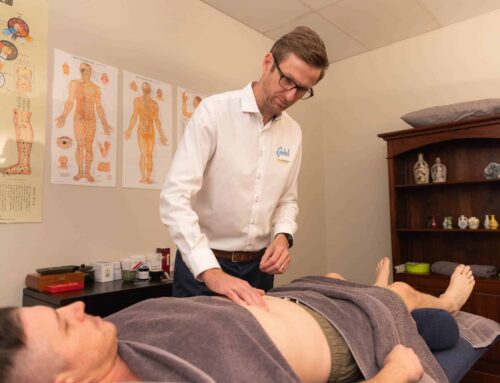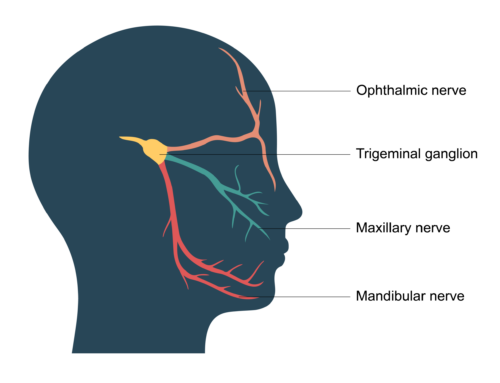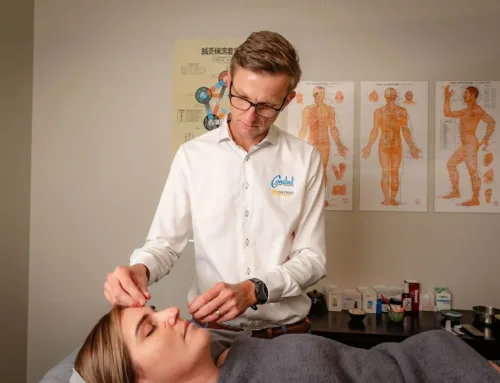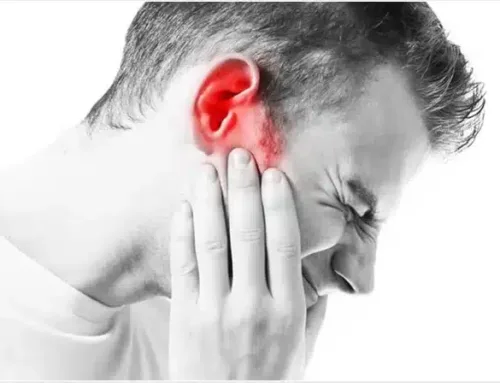What is Dysautonomia?
Dysautonomia is an umbrella term for conditions where the autonomic nervous system (ANS) doesn’t function properly. The ANS is what keeps our body running in the background—it regulates heart rate, blood pressure, digestion, temperature, and even how we sweat.
When this system becomes unbalanced, people may experience:
- Lightheadedness, fainting, or dizziness (especially when standing)
- Rapid or irregular heartbeat
- Fatigue that doesn’t improve with rest
- Brain fog or difficulty concentrating
- Problems with digestion, nausea, or bloating
- Temperature regulation issues (feeling too hot or too cold easily)
- Excess or reduced sweating
Conditions like Postural Orthostatic Tachycardia Syndrome (POTS), orthostatic hypotension, and neurocardiogenic syncope fall under the dysautonomia umbrella.
How Acupuncture Views Dysautonomia
From an acupuncture and East Asian medicine perspective, dysautonomia reflects a disturbance in the body’s internal regulation system. Instead of responding smoothly to stressors, posture changes, or daily demands, the body reacts in extremes—leading to the wide variety of symptoms patients experience.
Acupuncture aims to restore balance by improving communication between the nervous system, lymph system, circulation, and organ networks.
Kiiko Matsumoto Style Acupuncture and Dysautonomia
Kiiko Matsumoto’s style of acupuncture is an efficient, hands-on approach that focuses on treating the root cause while giving immediate symptom relief.
This style is unique because:
- Palpation-based diagnosis: The practitioner gently presses areas of the abdomen, chest, and neck to find “reflex points” that indicate stress in the nervous system or organ function.
- Feedback-driven treatment: Needling specific acupuncture points immediately changes how these reflexes feel. This guides the practitioner in tailoring treatment for each person’s presentation.
- Focus on regulation: By calming overactive reflexes and strengthening weak areas, treatment helps the autonomic nervous system regain stability.
For patients with dysautonomia, Kiiko-style acupuncture often targets:
- Neck and head reflexes help improve blood flow and communication to the brain, aiding in the regulation of hypo- or hyperperfusion of blood to the brain.
- Abdominal points are used to regulate digestion and circulation, and can also help address conditions such as MALS (Median Arcuate Ligament Syndrome) or pelvic congestion.
- Kidney/adrenal reflexes support energy and stress resilience; these reflexes can relate to conditions such as nutcracker syndrome.
- Heart and chest reflexes to help balance heart rate and blood pressure
What Patients May Notice
While every case is unique, patients with dysautonomia often report:
- Improved energy and reduced fatigue
- Better tolerance for standing and activity
- Fewer dizzy spells or fainting episodes
- Calmer heart rate and steadier blood pressure
- Improved digestion and temperature regulation
- A sense of grounding and reduced anxiety
Because Kiiko-style acupuncture works in conjunction with the body’s own feedback system, treatments can be adjusted at each session to match the body’s response to the treatment. No treatment is the same for every person. Our practitioners have developed a unique approach over the years to treating conditions like dysautonomia.
Integrating Care
Acupuncture is not a replacement for medical care. For complex conditions like dysautonomia, it works best in conjunction with medical management—supporting the body’s regulation, easing symptoms, and helping patients feel more resilient in their daily lives.

